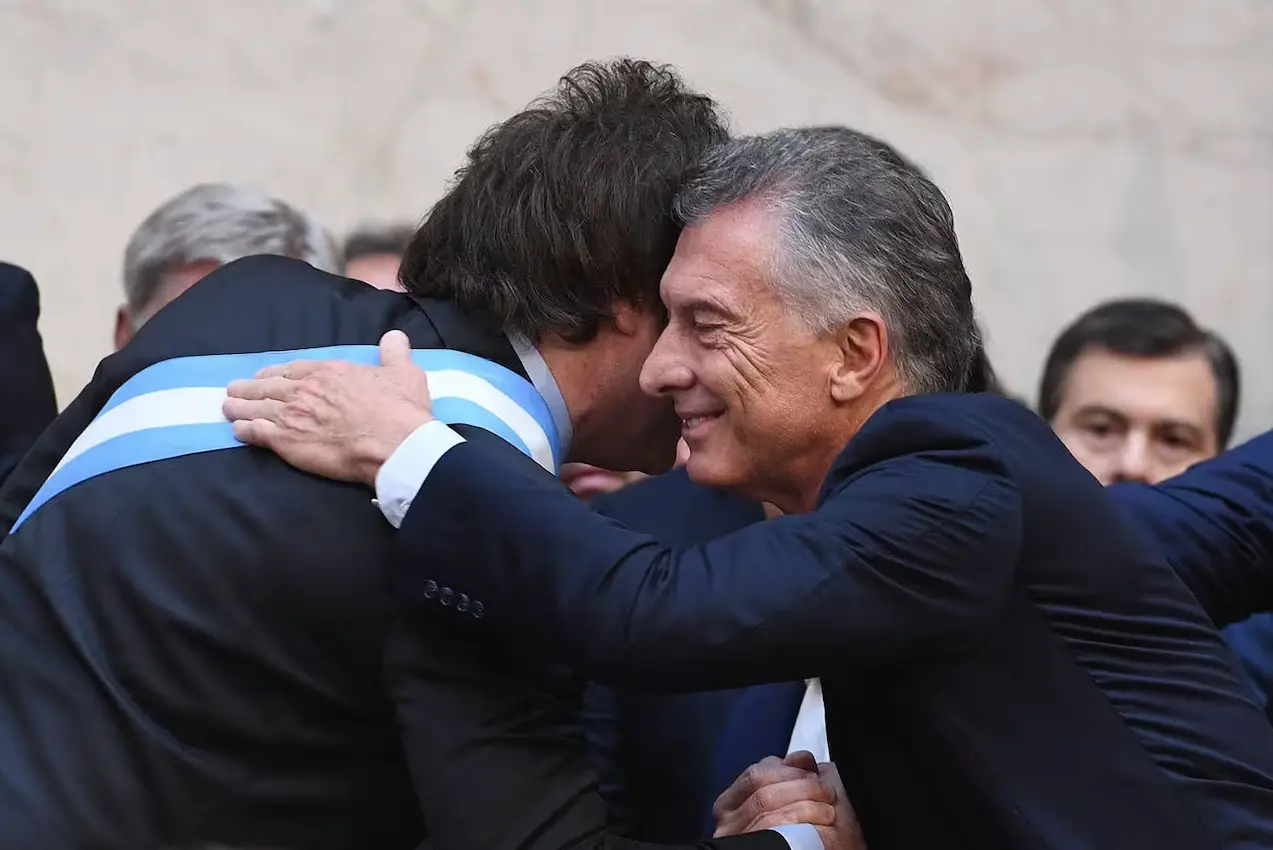Giuliano da Empoli’s novel The Wizard of the Kremlin revolves around one of the oldest political professions: that of the political strategist. Whether as an advisor, a counselor, or a politician, the ability to envision scenarios, analyze them, and project a power strategy is an art within the reach of few. Politicians often like to see themselves as magicians, though in practice, the suit usually fits too tightly.
The former president of Argentina (2015–2019), Mauricio Macri, surely sees himself as a political magician, judging by his attitudes, statements, and airs of arrogance. His entry into politics seems to back him up: he created a local party from scratch in Buenos Aires, the country’s capital, through which he achieved electoral victories and held the city’s mayoralty from 2007 onward. By nationalizing the party—Propuesta Republicana (PRO), a right-liberal formation—he planted a growing wedge between Argentina’s two traditional political parties since the mid-20th century: the Justicialist Party (Peronism) and the Radical Civic Union.
Argentina’s political evolution showed PRO in constant political ascent until its shining moment: the 2015 presidential election, in which the party, with Macri as its candidate, defeated the hegemonic Kirchnerist movement that had dominated from 2003 to 2015.
Up to that point, the political strategy was impeccable—so much so that it culminated in the presidency. As every great strategist knows, according to the political adage that gaining power is easier than maintaining and expanding it, the next task for Macri’s PRO was, at a minimum, to consolidate the presidency, secure the only constitutionally permitted re-election, and then leave behind political heirs to continue this new hegemony.
None of that happened. A series of grave—strategically catastrophic—political errors led PRO to a third-place finish in the legislative elections on May 18 in Buenos Aires City (CABA), PRO’s birthplace and a place it hadn’t lost any kind of election in since 2007. The wizard of power had turned into a mere juggler on street corners.
Macri’s presidency, after dislodging Kirchnerism, began with a high level of social consensus that led to a clear victory in the 2017 midterm elections. However, his policies were somewhat erratic, especially economically—a crucial aspect of his electoral platform. This indecisiveness in governance led the administration to seek an extraordinary loan from the IMF to stabilize the exchange rate and control inflation. The failure of this strategy led to a sharp devaluation, a loss of market confidence, inflation, and growing public discontent. Thus began the road to political calvary.
Poor political communication, inflation, and a string of missteps turned the 2019 presidential election into a scenario that, just a year earlier, seemed unthinkable: the return of the much-maligned Kirchnerism, with a candidate handpicked by Cristina Fernández de Kirchner, who herself became vice president. The dream of re-election evaporated due to self-inflicted mistakes and flawed strategic calculations.
The government of Alberto Fernández and Cristina Kirchner, beyond the pandemic, collapsed under the weight of fierce and escalating internal battles between the president’s officials and those loyal to Cristina, spiraling inflation in the last year, and a ruling-party candidate for 2023 perceived as opportunistic, demagogic, and lacking substance. In this context, the electoral triumph of PRO—the only viable opposition—seemed all but assured with the candidacy of Horacio Rodríguez Larreta, twice mayor of Buenos Aires. Inexplicably, Macri squandered this by inciting internal conflict within PRO between Rodríguez Larreta—possibly seen as a threat to Macri’s party leadership—and Patricia Bullrich, a prominent but politically erratic party figure.
The result was PRO’s defeat in the general election—coming in third place—and a runoff between the Kirchnerist candidate and the political newcomer La Libertad Avanza (LLA), led by Javier Milei. The migration of PRO votes to Milei in the runoff sealed the latter’s surprising electoral triumph.
And how did Macri position himself in this new scenario? As a self-appointed political strategist and partner, “lending” personnel due to the new government’s improvisational and loosely structured nature.
Milei’s government initially welcomed Macri politely, but as it gained footing and scored early political wins—such as curbing runaway inflation—the president first delayed any formal alliance, then began to sidestep Macri’s outreach efforts, and finally dismissed any agreement with him. He suggested that PRO politicians were free to join LLA and, after LLA’s victory in “PRO’s yellow stronghold” (Buenos Aires and the party’s signature color), he declared that Macri should retire from politics. Virtually every media outlet and political analysis currently agrees that PRO’s spectacular failure stems from the forced errors committed by Macri in this election.
It’s likely that the political exodus from PRO to LLA will consolidate this new movement in the October midterms and catapult it toward the 2027 presidential race—unless the “Macri syndrome”—from wizard to juggler at the traffic lights—also afflicts Milei.
*Machine translation proofread by Janaína da Silva.











